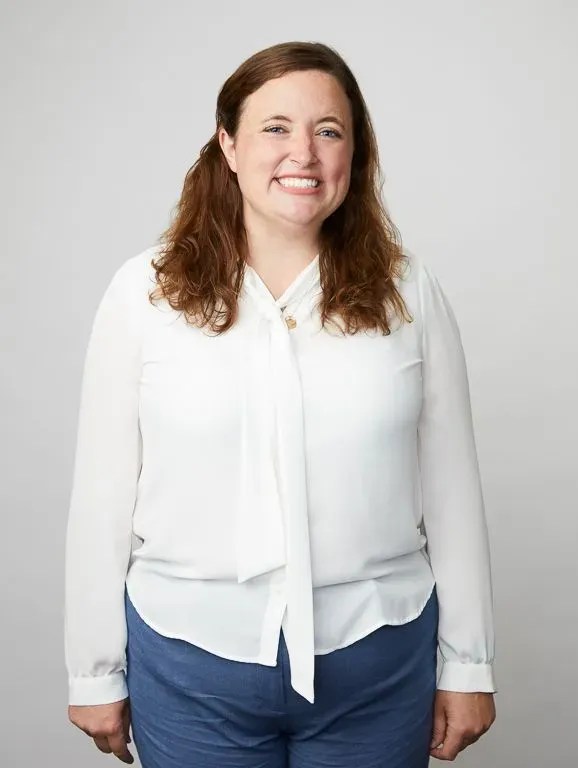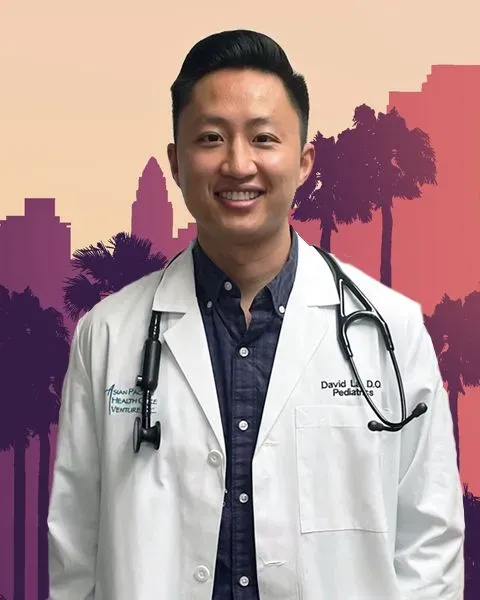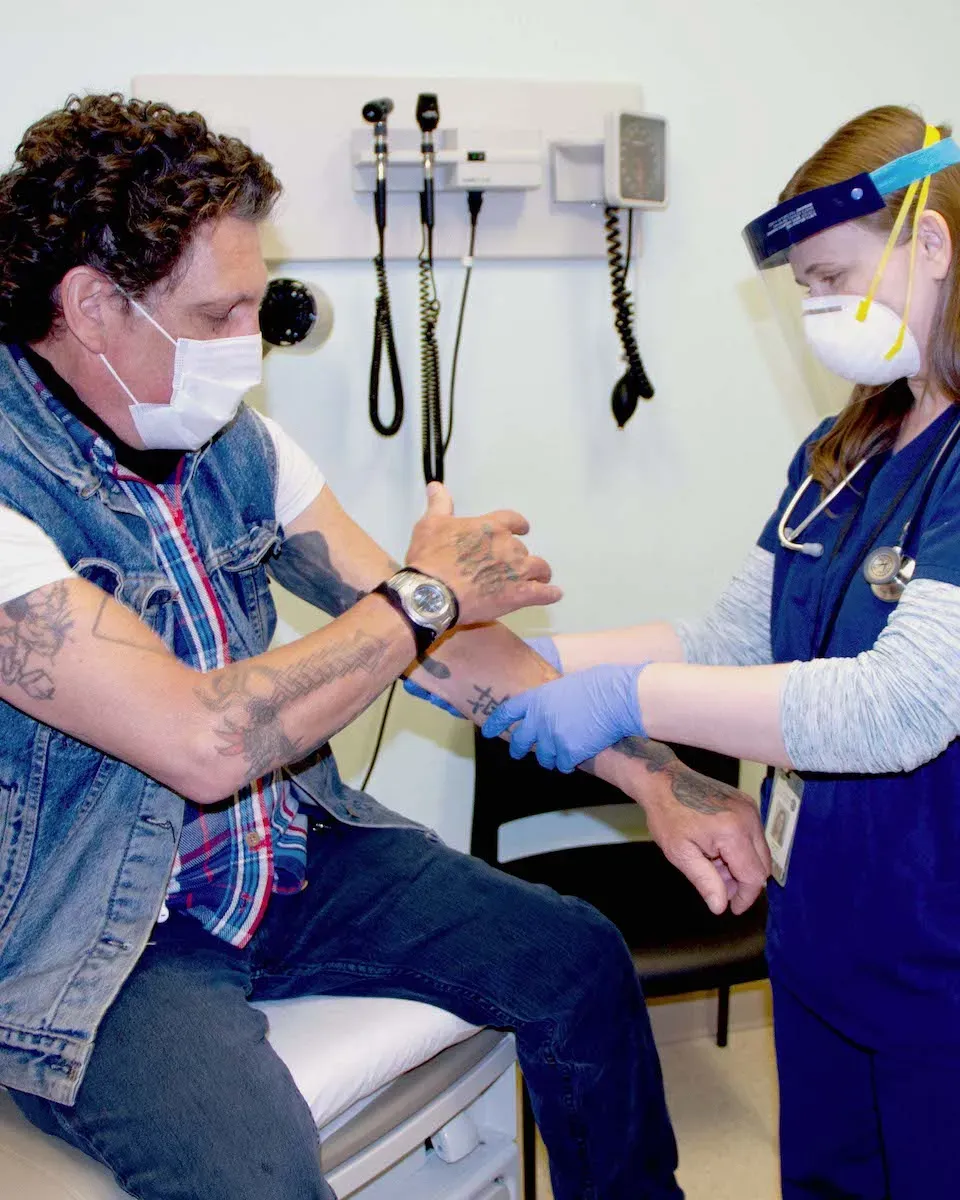
5 Ways Physicians Can Find Renewed Meaning in Their Work
Prioritizing fulfillment can have many benefits for doctors. Learn how you can push the reset button and find more purpose in your career.
March 2, 2023
Are you trying to find more meaning in your work? If so, you’re not alone. A survey by San Francisco-based BetterUp Labs found that nine out of 10 people would sacrifice earnings to have “work that is always meaningful.”
But you don’t need to experience those kinds of moments 24/7 to be satisfied. Like exercise — where even small daily moves can add up to better health — so it is with creating meaningful moments. They can be sprinkled throughout your week (at a rate of about 20% of your time) and still have positive effects. The right balance of purpose and meaning, a 2022 study found, can be an antidote to physician burnout.
PS&D Senior Provider Recruiter and Locum Tenens Consultant Caitlin Olive says there are many ways you can craft a rewarding career and make a tangible difference.
‘Our Own Values Are Important to Us’
“If you’re looking for something with more meaning — no matter your location — PS&D can help,” Caitlin says. “We have a wide variety of jobs for people with unique skillsets. Whether you have a passion to work in a large regional hospital in Seattle or at an academic center on the East Coast, or you want to live by a lake in Montana and provide rural healthcare, we have all of those opportunities available.”
(Reach out to PS&D today for guidance in finding work that matches your values.)
Caitlin finds purpose in her own work by guiding providers to the right fit. She also walks the talk by taking advantage of meaningful experiences offered by PS&D, founded and backed by Providence. In early 2020, she took a work-sponsored trip to a Guatemalan village where she helped build water caches and filtration systems to ensure residents had access to clean water.

~ Caitlin Olive, Senior Physician Recruiter, PS&D
“It was a really transformative experience,” Caitlin says. “It made me evaluate my life and think about what I wanted to do differently and how I wanted to live.”
Taking the trip at the urging of her employer was a bonus, she says, that showed her how working for a mission-driven organization could open doors to inspiring opportunities.
“At PS&D, we care about providers’ core values, because our own values are important to us,” Caitlin says. “We have robust solutions to help physicians and advanced practice providers navigate the next step in their career. That step can breathe new life into their work and align better with their personal values.”
5 Ways to Build a Meaningful Physician Career
It’s common for physicians and advanced practice clinicians (APCs) to seek out work that not only moves them forward professionally but fulfills them personally, giving them a sense of meaning and purpose. If this sounds like you, you may be looking for a career reset. Happily, you have a lot of options.
1. Grow Your Expertise and Expand Your Reach
Do you like the idea of sharing your skills in communities where your expertise is hard to come by? Or in a location that’s working to rebuild after a disaster? A Locum Tenens job could be the right fit for you.
“Locums is a short-term commitment where providers can really step in and make a difference,” Caitlin says. “If you’re interested in helping to rebuild communities by serving as a medical professional there, short-term locums work is one way to do it.”
For instance, Caitlin helped one Utah-based doctor who took an employer-approved leave of absence in hopes of strengthening his cardiovascular skillset. She connected him with a locums position at Swedish in Seattle where he could grow his expertise while providing critical coverage in a specialty known for access issues.
Another example: When Medford, Oregon, was hit by wildfires in 2020, many people lost their homes and property. Healthcare organizations in and around the community, including Providence, turned to Locum Tenens providers to maintain consistent coverage. PS&D helped bring in locums providers to meet these staffing needs.
Learn how to navigate Locum Tenens work and opportunities.
2. Serve the Underserved
There are many opportunities to serve underserved communities. These career moves often come with better balance, inspiring connections and mission-driven work that can help you avoid physician burnout.
Federally Qualified Health Centers
Federally qualified health centers (FQHCs) provide a range of healthcare and social services to underserved communities.
Pediatrician Dr. David La, recruited and hired through PS&D, found his calling in serving the Asian community with Asian Pacific Health Care Ventures — an FQHC in Los Angeles.
“We have a lot of Asian patients, and I’m able to relate to them because I’m first-generation here — my parents immigrated from Vietnam,” Dr. La says. “That’s what drew me to this job. I wanted to work with an underserved community. I understand who these kids and families are. I speak their language, and I can relate to what they’re going through.”
Nonprofits
Nonprofits across the country have seen a growing need for the services they offer to those struggling with addiction or homelessness — and these organizations are looking for the right clinicians for the job.
Portland, Oregon-based Central City Concern, for example, meets critical needs around addiction treatment, mental health and Primary Care. Especially since the pandemic began, its services have been in high demand.
PS&D partners with Central City Concern and many other nonprofits to recruit providers who feel called to work with specific patient populations.
Rural Communities
There are big healthcare needs in small communities. Rural jobs often offer a deeper connection with patients and better balance between your professional and personal lives.
Dr. Claire Frost, a family practice physician, left Seattle for rural practice at Providence in Missoula, Montana, in late 2019. She’s getting to know the families she serves and plans to call Missoula home for decades to come.
"I’m at a clinic with a group of young women, which was really attractive to me," Dr. Frost says. "We all support each other and really value the work-life balance. I hope to be here a long time, so I’m excited to start seeing multiple members of families and grow my practice along with them. That’s why we moved here. This is the vision I had."
As Dr. Frost discovered, there are many benefits to working in a rural environment. You will be a respected and integral member of your community and have greater input and opportunity for leadership roles.
3. Build Social Justice in Medicine
If social justice is important to your life and work, it is possible to follow your heart and align your medical career with like-minded organizations.
For example, health systems across the country are building programs to address the healthcare needs of the LGBTQI+ community. Swedish’s LGBTQI+ Program, for example, connects people with providers across multiple specialties, including those with expertise in gender-affirming care.
Swedish also took a stand against systemic racism and in 2020, formalized its commitment to Black Lives Matter and improving health outcomes for people of color.
Similarly, New York City Health + Hospitals is committed to helping people seek care regardless of their ability to pay or their immigration status.
In 2020, NYC Health + Hospitals, the largest public health system in the country, opened COVID Centers of Excellence in communities of color hardest-hit by the pandemic — Queens, Brooklyn and the Bronx. It partnered with PS&D to recruit physicians for these clinics and for all of their clinics and hospitals.
4. Go Part-time, Pursue a Side Gig, or Both
For some physicians and APCs, finding balance or greater meaning can feel difficult when they’re working full-time.
In fact, 53% of physicians would consider a salary reduction if it meant improved balance between home and work, according to a 2023 Medscape Lifestyle & Happiness Report for Physicians. And when asked what providers most wanted advice on, 41% said they wanted advice on starting a side business, in a 2022 PS&D Consumer Insights primary research study.
Part-time hours can create much-needed space for doctors to build more purpose, joy and personal growth in their lives.
Some may fill that time with their families. Others may pursue side gigs that bring fulfillment, like playing in a band or writing a gourmet cooking blog. Still others may choose an outlet that brings vocational variety and additional income, like speaking engagements or becoming a local team sports physician.
If going part-time is something you think could help you rediscover your passion for medicine, it doesn’t hurt to ask your employer. Many times, they will work with you to adjust your hours. If it’s a new part-time job you seek, PS&D recruiters can help you explore your options and negotiate for the schedule you want.
5. Take a Vacation — Physicians Need Breaks Too
Most physicians are allotted between 5 and 7 weeks of vacation time per year, and yet the 2023 Medscape Physician Lifestyle & Happiness Report found that 79% of doctors surveyed take 4 or fewer weeks of vacation each year.
There’s science that backs up why physicians should take their PTO: Studies have found improved well-being among those who take regular time off. And one study shows the ‘vacation effect’ begins the moment you start choosing your destination, with elevated levels of happiness kicking in the moment you book the plane tickets or hotel.
When you return, odds are you’ll resume your work with an improved outlook and renewed sense of purpose.
Medical Missions
Because nonprofit health systems and FQHCs are mission-driven organizations, many either organize medical mission trips for their physicians or are supportive of doctors taking time off to join a medical mission trip.
These experiences can deliver a profound perspective shift for providers, who often learn just as much as they teach from the healthcare providers where they are serving.
PS&D Can Help You Find Meaningful Work
If you’re looking for a career change that helps you align more closely with your values as a physician, PS&D can help.
“PS&D partners closely with more than 30 health systems across the country that are mission-driven like us,” Caitlin says. “This allows us to meet your needs for meaningful work no matter where you live.”
Physician recruiters like Caitlin have helped thousands of doctors and APCs find meaningful work opportunities. With hundreds of positions nationwide — and across a diverse range of healthcare partners and practices — PS&D can help you find where you're meant to be.


